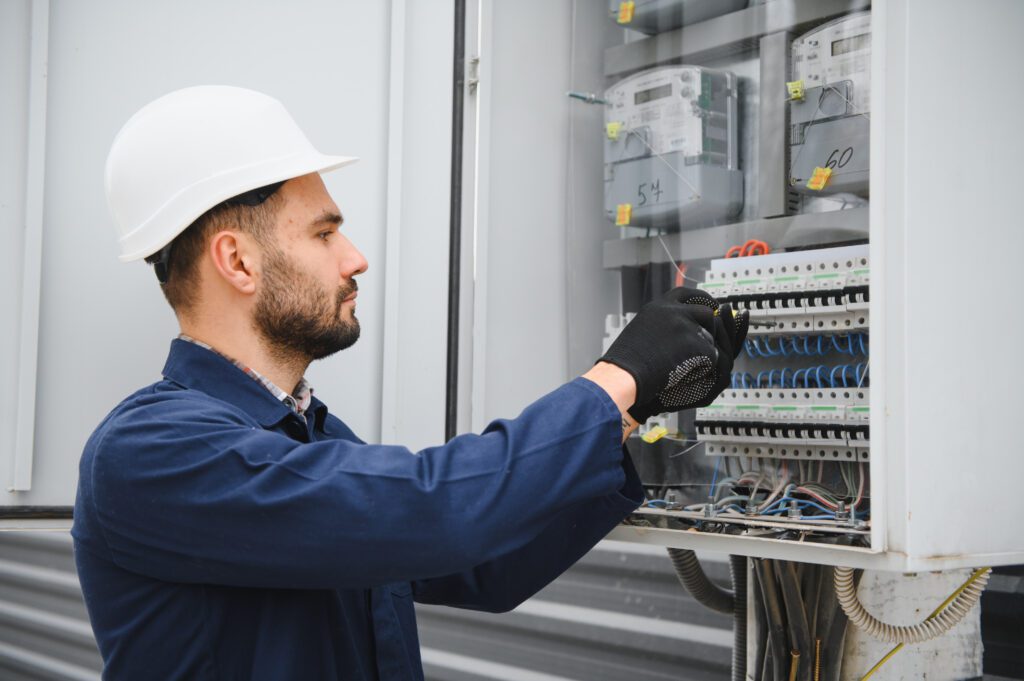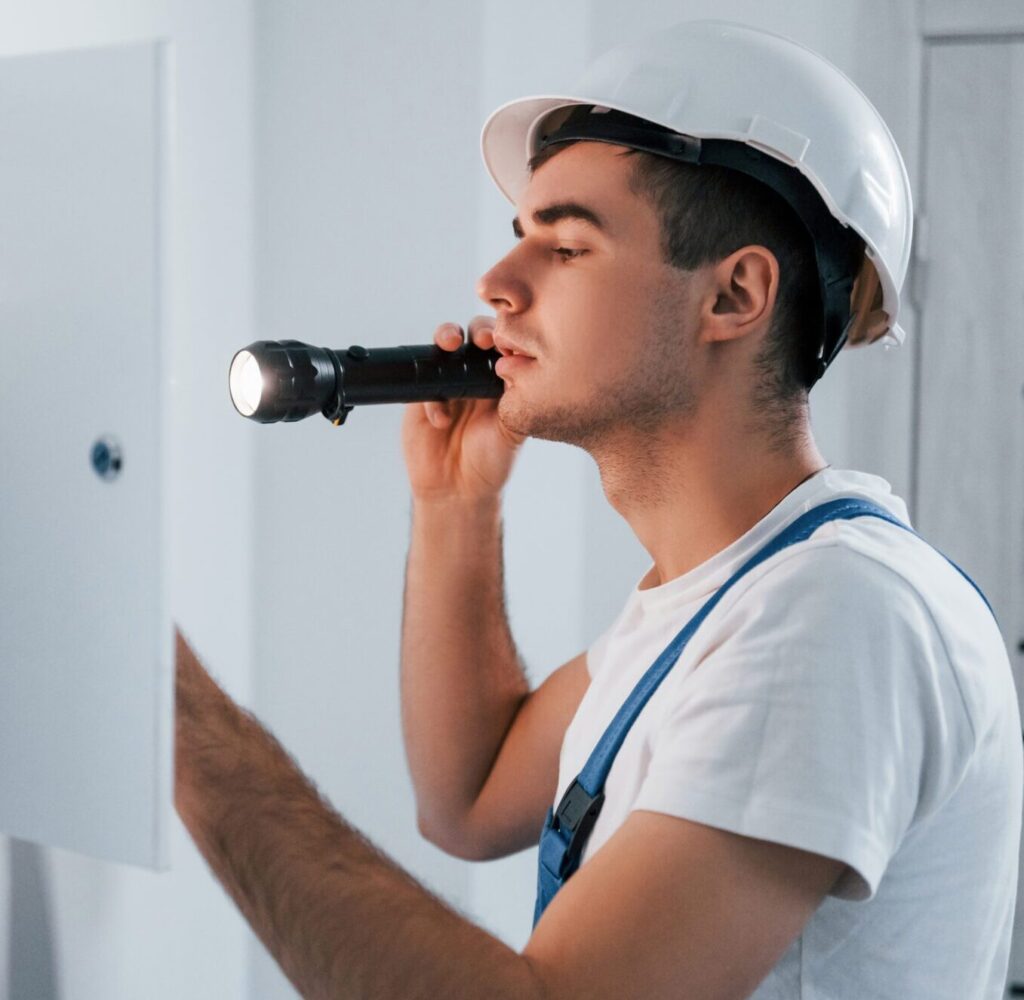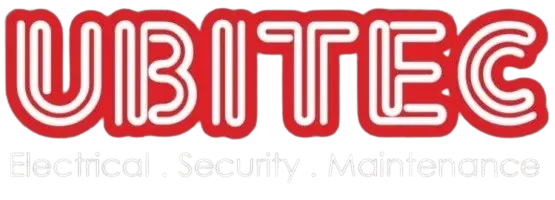
Health and safety are at the core of the electrical trade. Electricians regularly work in potentially hazardous environments—dealing with live wires, confined spaces, ladders, or even working outdoors in unpredictable weather. As a result, strict safety procedures and legal standards are in place to minimise risks to electricians and those around them.
In the UK, the Health and Safety at Work Act 1974 serves as the cornerstone of workplace safety. This legislation places a duty on employers and employees to ensure health and safety at all times. Electricians must follow risk assessments and method statements to identify hazards, control risks, and ensure safe systems of work.
The Electricity at Work Regulations 1989 specifically governs electrical safety. It requires that all electrical systems be constructed and maintained to prevent danger. Employers must ensure electricians are competent and trained to carry out the tasks assigned to them. Faulty systems, improper use of tools, or ignorance of regulations can lead to serious injury or even fatality.


Another key regulation is the Building Regulations – Part P, which applies to domestic electrical work. It states that certain types of work must be notified to a local building control body unless the work is carried out by a registered ‘competent person’ who can self-certify. This ensures that installations are safe and meet current standards.
Electricians must also comply with the BS 7671 Wiring Regulations, also known as the IET Wiring Regulations. These standards define how electrical installations should be designed, installed, and maintained. Updated regularly (currently in its 18th Edition), this document outlines safety practices for everything from cable routing and earthing to circuit protection and testing.


Personal Protective Equipment (PPE) is essential. Electricians typically wear insulated gloves, safety boots, goggles, and flame-retardant clothing. On construction sites, hard hats and high-visibility vests may also be required. Tools must also meet safety standards—many are VDE rated and designed to reduce the risk of electric shock.
All electrical installations should be inspected and tested regularly. This includes Portable Appliance Testing (PAT) for electrical equipment and Electrical Installation Condition Reports (EICRs) for fixed wiring systems. Electricians must be qualified and often certified (e.g. through the NICEIC or NAPIT) to carry out this work.
Accidents in this trade can be life-threatening. Common risks include electric shock, burns, falls from height, and exposure to hazardous materials. Ongoing training, toolbox talks, and site inductions help electricians stay informed and reduce these risks.
Ultimately, safety and compliance are non-negotiable aspects of electrical work. Professional electricians must keep up-to-date with changing laws, codes, and best practices to protect both themselves and the clients they serve.




